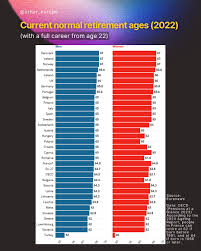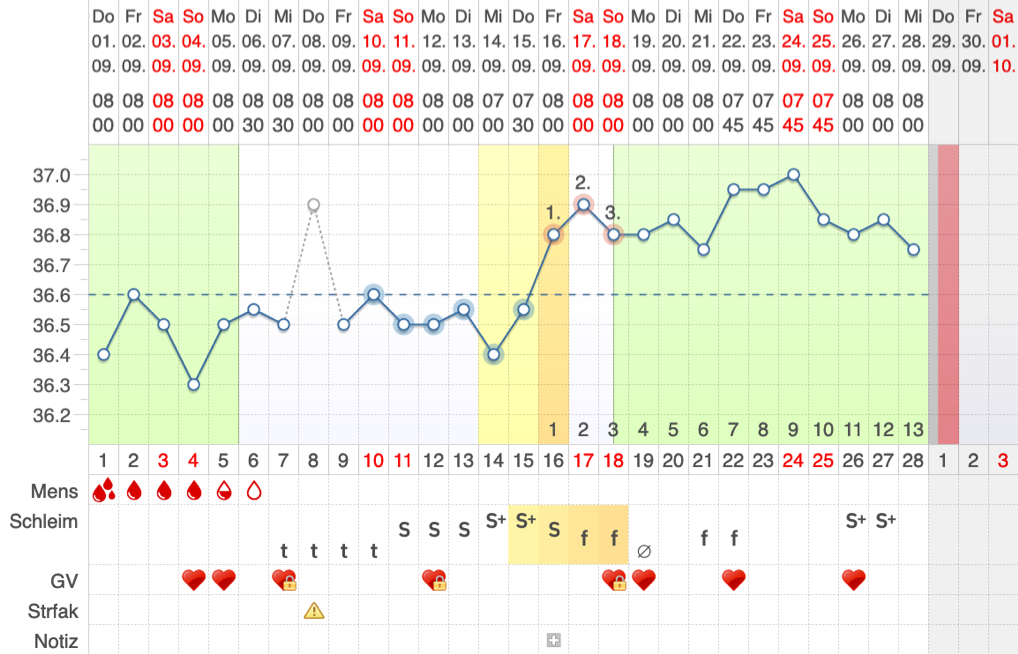Introduction
The topic of retirement age is of significant importance as it directly influences workers’ financial security and the sustainability of pension systems. In South Africa, the retirement age has been a subject of considerable debate, especially in light of an aging population and the economic implications of social security. With increasing longevity and evolving work dynamics, understanding the current landscape of retirement age is crucial for both employees and employers.
Current Retirement Age Regulations
In South Africa, the legal retirement age is set at 60 years for women and 65 years for men, although many individuals opt to continue working beyond these ages. The rationale behind a differentiated retirement age reflects historical gender roles and economic disparities, which have been progressively scrutinized by policymakers. The National Treasury has expressed concern that as life expectancy increases, the pressure on the pension system will intensify.
Recent Developments and Proposals
Recent discussions have centered on potential reforms to the retirement age, considering factors such as financial readiness, health status, and the overall labour market landscape. The Pension Funds Act and the recent Green Paper released by the Treasury have initiated conversations about aligning the retirement age uniformly or allowing for more flexible retirement options. These proposals may accommodate individuals who feel financially capable of retiring earlier or prefer to continue working to enhance their financial stability.
Additionally, as the economy continuously shifts, especially with the rise of remote work and gig economies, many South Africans are exploring alternative pathways to retirement, including phased retirement options, which would allow them to gradually reduce their working hours while still earning an income.
Challenges Ahead
Despite these discussions, there are several challenges that policymakers must address. The divide between formal and informal sectors presents difficulties in implementing any cohesive retirement strategy. The majority of South African workers are not covered under formal retirement schemes, thus exacerbating the vulnerability of individuals upon reaching retirement age.
Conclusion
As South Africa navigates through economic uncertainties and demographic transitions, the conversation around the retirement age will remain critical. The potential risks associated with extending the retirement age or changing its structure necessitate careful consideration of various factors, including social equity and the economic impacts on both individuals and the government. It is crucial for South Africans to stay informed about these developments, as the implications could affect their financial planning and quality of life in retirement.


